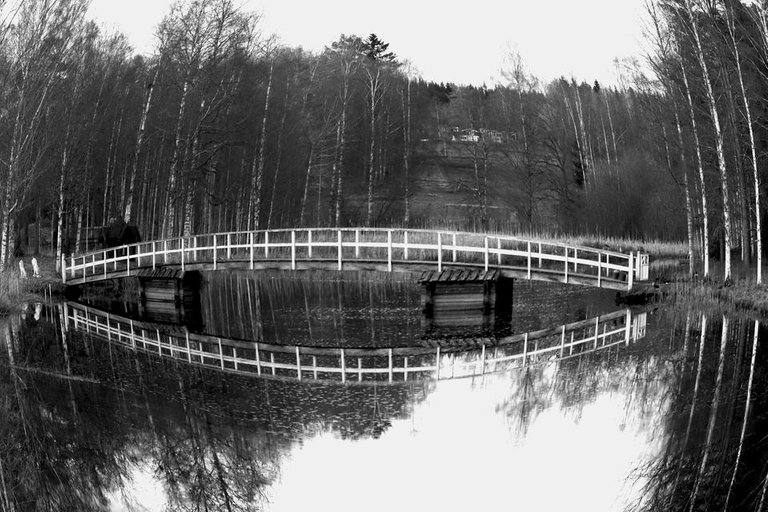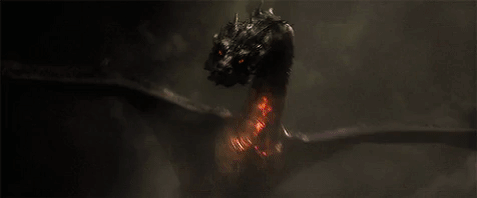Trustworthiness is an esteemed virtue among friends and employers alike and it comes with a host of perks.
Those with more trust are less likely to lie, and appear more ethical, more attractive and even happier ; someone who is deemed trustworthy appears to epitomize a set of positive characteristics, including ability (skills and competencies), benevolence (the will to do good), and integrity (adhering to principles).

Today we are supose to trust bank, bankers, traders, stock market, insurence, the lady at your work who make your payments. The friend who needs a loan. If we dont trust, we will not make money. So then why and who to trust???
Trust, like safety, runs deep. When we don't experience trust, as when we don't experience safety, we shut down, protect, and hide our vulnerability.
We also, in both cases, tend to place responsibility for our experience on the outside. It is extraordinarily challenging, when we don't experience trust, to recognize it as our experience instead of assuming that whoever we are not trusting is simply not trustworthy.
Some people are slow to develop trust.
They check out new people for a while before lowering their guards and trusting them.
Whether by grace or naïveté, my own responses have been different.
I usually have a great deal of ease trusting people when I first meet them. I extend my heart, expect the best, get excited about possibilities, and open up fully.
Some people lose trust with someone instantaneously and have an extremely difficult time restoring it.
I've had chilling experiences with people, times when I did something that affected another person negatively, and that was the end of any communication between us. Or times when one false move resulted in such profound loss of trust toward me that I couldn't imagine what I could do to restore trust, ever.
A distance descended on the relationship, either in the form of coldness, or in the form of avoidance of meaningful engagement, keeping things on a safe surface. I've also had experiences when people responded in dramatically different ways, and approached me to engage in order to restore trust, which we were then able to do.

All these experiences, from both ends of trust building or loss of trust, have left me with a growing sense that trust can be an attitude toward life, quite beyond a reaction to how someone treats us.
Living in trust is no guarantee that nothing painful or even dangerous would happen to us.
Such guarantees simply don't exist.
Rather, it is a way of responding to life.
For me, living in trust is a willingness to risk the loss, and preferring the possibility of being burnt every once in a while to the alternative of living in fear and continually attempting to check out everyone and everything, protect ourselves from all eventualities, and imagine that we can be safe.
The culture in which we live often operates on the model of mitigating risk.
This model logically compels us to protect, and tends to reduce trust and create adversarial relationships. I vastly prefer the attitude of focusing on building trust.
Paradoxically, I believe that putting energy and resources into building trust is, ultimately, the most effective strategy for mitigating risk
Trust forms the basis for most social relationships and is especially foundational to those between clients and investment professionals.
Think about it: Clients entrust their capital to advisers to invest, often at the advisers’ discretion. The entire financial system is built on relationships in which those with an abundance of capital and a deficit of ideas furnish that capital to those with a deficit of capital but an abundance of ideas.
That requires an immense amount of trust. And when properly earned and thoughtfully applied, that trust pays off. It sets in motion successful ideas that benefit both the investor and society at large, creating greater social wealth and well-being. Trust is the glue that binds the financial system together and is essential if the investment industry is to benefit society.
Building Blocks of Trust: Credibility and Professionalism
Simply put, to prove their value and increase investor trust, firms and finance pros need to build credibility and demonstrate professionalism.
Credibility is more straightforward and easier to assess than professionalism. It comes down to track record and experience. Credibility gives investors confidence that the investment adviser or firm is professionally accredited and capable of successfully supplying the required service. Reputation, brand, and credentials all contribute to credibility.
Professionalism is more subjective and harder to assess.
Trust
- The hormone and neurotransmitter oxytocin increases trust, likely by suppressing the neural systems that regulate our fear of betrayal.
- When we feel negative emotions, we are less likely to trust others.
- We may base our decisions about whom to trust on their attractiveness, how much they resemble our kin members, and their facial features.
- Women tend to reciprocate in wealth more than men.
- People may have a “preconscious friend-or-foe mental mechanism” that helps them to evaluate others during interactions (partners are trusted more than opponents).
- Genetic variation and heredity influence how people invest or reciprocate
- Trust in strangers increases from childhood to early adulthood, and then remains more or less stable in adulthood.
- There are differences in levels of trust across cultures. For instance, Americans are more trusting of others compared to the Japanese and the Germans

This post have been delivered to you by my sponsors; Sony, Apple, Fila, Volvo, Marlboro & Madagascar produced coffee beans ^^
“It does not do to leave a live dragon out of your calculations, if you live near her.
♡ 🐲ℒℴve 🐉♡







Camera Canon EOS 77D Lens Canon EF S18-55mm f/4-5.6G Location Sweden; somewere Owner All Rights reserved,original content by @swedishdragon .gif)







'Trust is good, having control is better' ...
but that you cant say out load, or your perceived as arrogant^^
and has received an upvote and a resteem to hopefully generate some ❤ extra love ❤ for your post!This post was curated by @theluvbug
In Proud Collaboration with The Power House Creatives
and their founder @jaynie
Ok sweet how did you ever did those pictures in that round shape
This was a well thought-out post.. Trust is deep, once unleash it has this invisible cords that can bind people to become like families. It's more like putting a fracture part of you in the hands of another; Trust is more like blindfolding yourself before a bridge and telling the other party to lead you by the hand to cross you over to the other side of the bridge.
If someone loses my trust, it's unlikely for me to trust them again but if I see a positive change in behavior, I am likely to trust them again but the ratio of my trust will be in meagre form, so that in case they betray me, it won't take a huge toll on me for trusting them a second time.
Great post m'lady 😘